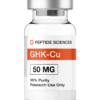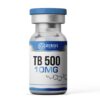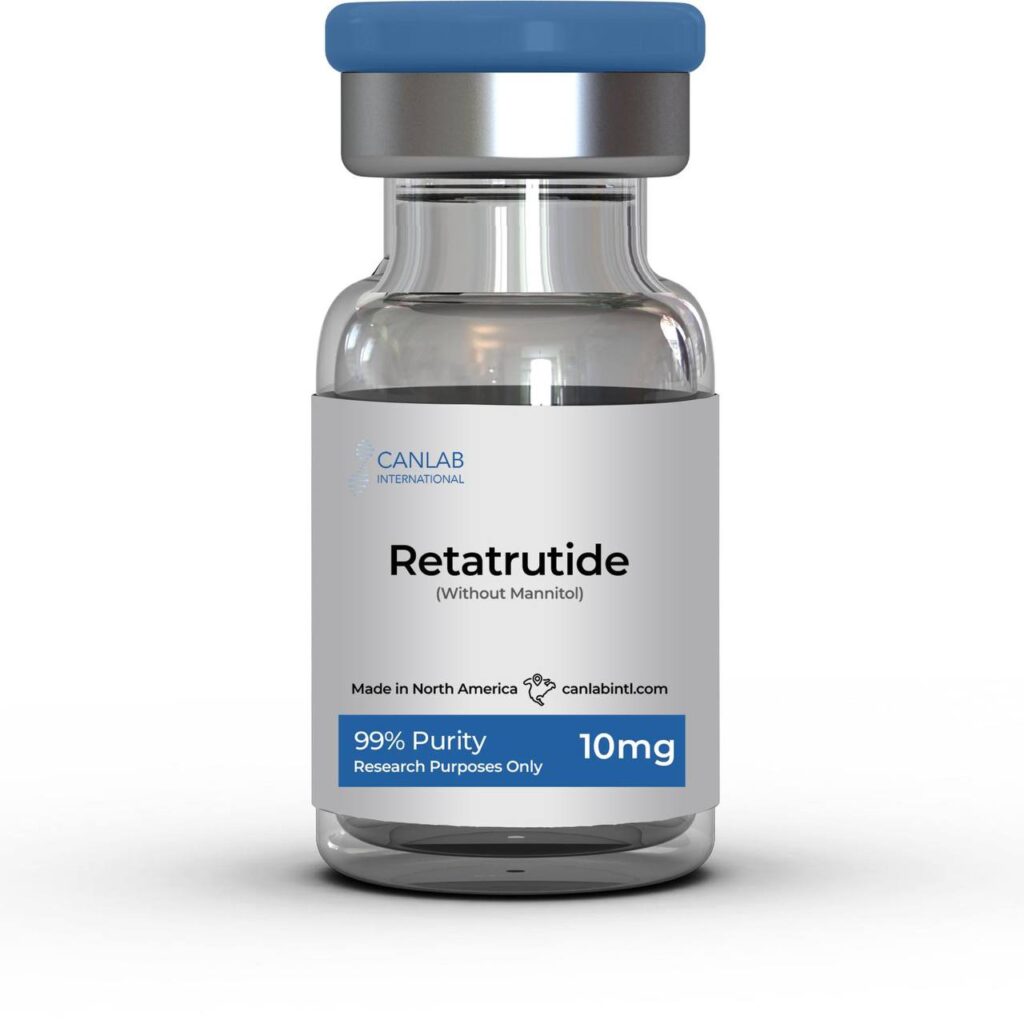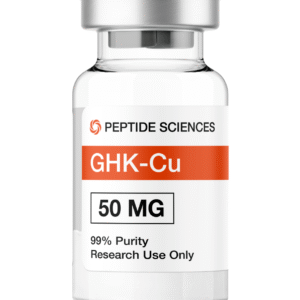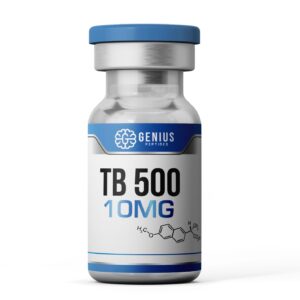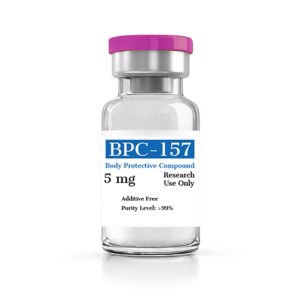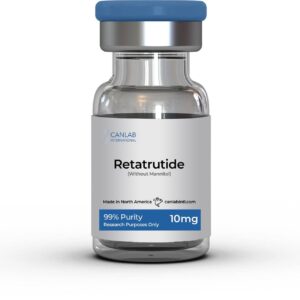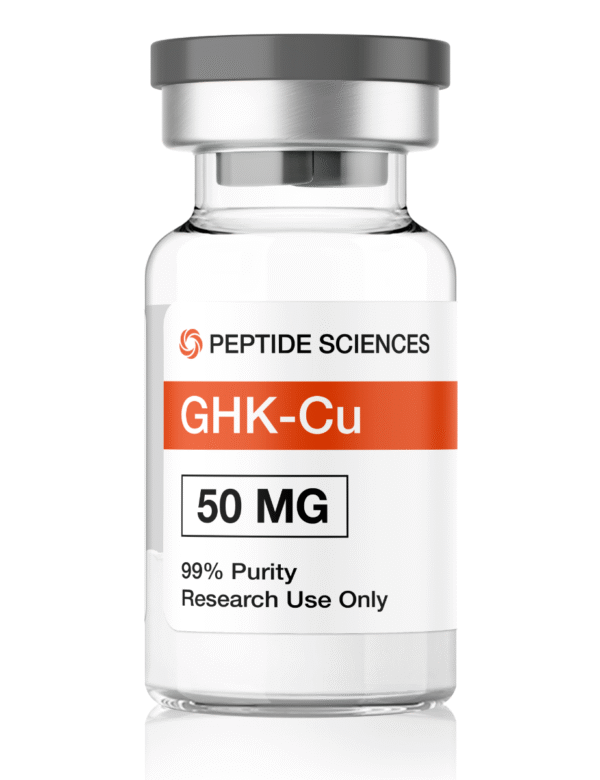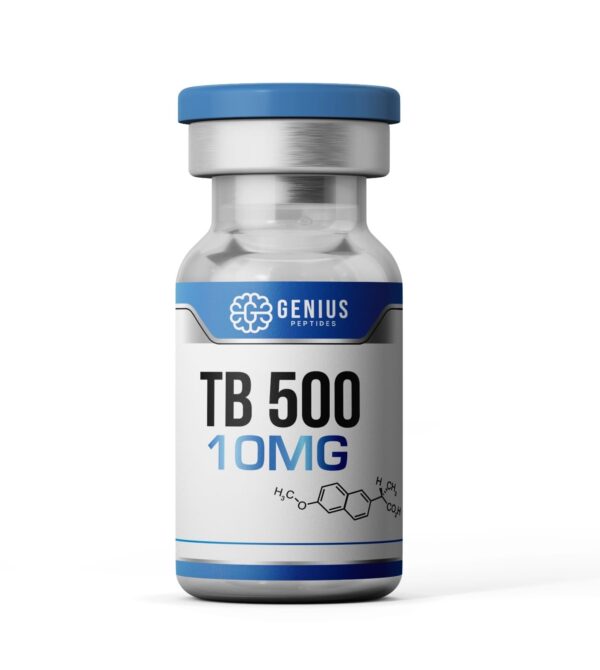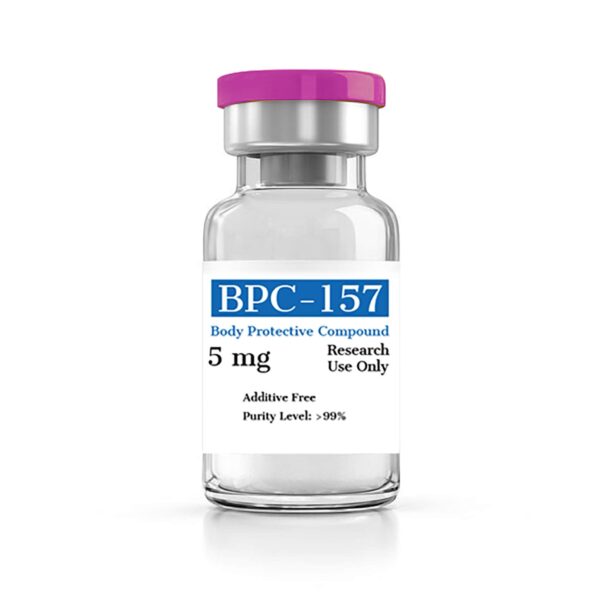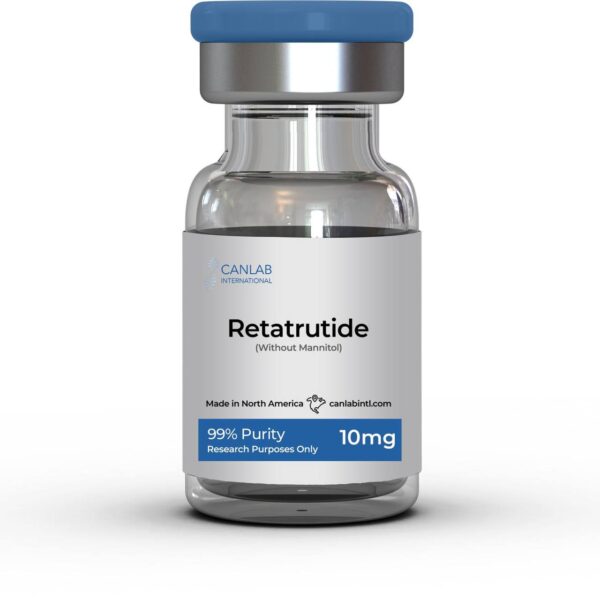Peptide-Based Therapies: Unlocking the Future of Weight Loss and Metabolic Health with Mounjaro, Zepbound, and Retatrutide
Peptides are rapidly transforming the landscape of modern medicine, especially in the field of metabolic health and weight management. These short chains of amino acids, once relegated to the shadows of more mainstream pharmaceuticals, have now emerged as powerful therapeutic agents. From the innovative formulations of Mounjaro and Zepbound to the game-changing potential of Retatrutide, peptide-based drugs are making headlines for their remarkable effects on blood sugar regulation, appetite suppression, and fat loss. This article dives deep into the science, uses, and emerging trends surrounding peptides, with a special focus on these three groundbreaking treatments.
Understanding Peptides: The Science Behind the Therapy
At the molecular level, peptides are small proteins typically made up of 2 to 50 amino acids. Unlike larger proteins, peptides are easier for the body to absorb and metabolize, making them ideal for therapeutic use. In medicine, synthetic peptides are often designed to mimic natural hormones or signaling molecules that regulate physiological processes. For example, glucagon-like peptide-1 (GLP-1) and glucose-dependent insulinotropic polypeptide (GIP) are two hormones that control insulin secretion, appetite, and gastric emptying. These gut-derived peptides are foundational to modern anti-obesity and anti-diabetic medications, including Mounjaro, Zepbound, and Retatrutide.
The resurgence of interest in peptides stems from their ability to selectively activate biological pathways with fewer off-target effects. In the context of metabolic health, this means improved glycemic control, reduced hunger, and enhanced fat oxidation—all with a favorable safety profile. As research continues, peptides are increasingly being explored for applications beyond weight loss, including cardiovascular protection, liver health, and even neurodegenerative diseases.


